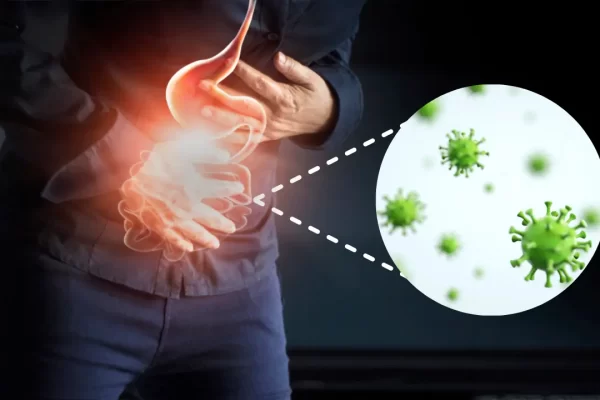A consistent increase in the frequency of systemic fungal infections has been observed in the last two decades. These types of infections are seen more in immunosuppressed patients, i.e. patients with frail and feeble immune system. Most fungal infections can potentially be life-threatening and are caused by invasive fungal pathogens, effecting almost any part of the body. Common infections caused by fungus include ringworms, athlete’s foot, and jock itch which are easy to get and contagious. Fungal infections are largely of two types, namely local and systemic.
Systemic fungal infections (mycoses) more often than not originate either in the lungs including filamentous fungi (Aspergillus Zygomycetes), or from endogenous flora like yeasts (Candida, Cryptococcus) and dimorphic fungi. Whereas, local fungal infection comprises of the skin, vagina, and/or mouth.
Systemic fungal infections can be medical emergencies and if appropriate treatment is delayed it could also lead to high mortality rates. Simultaneously, opportunistic fungal infections also continue to suffer diagnostic challenges as a combination of improved diagnostic methods is often required to affirm the infection. Amongst the many infections, systematic candida is the most common fungi present in the body. Factors such as diabetes, high levels of estrogen, fragile immune system, keeping the skin damp for prolonged period, and even antibiotics can increase the risk of developing a fungal infection.
Medical Preventive Measures for Fungal Infections
Antifungal treatment/ topical creams like Lotrimin or Lamisil is the go-to treatment for generic fungal infections. Skin sealant or barrier cream containing Zinc oxide is beneficial as well. Other medical antifungal agents include:
- Clotrimazole
- Nystatin
- Azoles (eg. Bifonazole)
- Fluconazole
- Polyenes (eg. liposomal amphotericin B)
Serologic tests are another alternative used for the detection of systemic infections. Additional tests involve measurement of organism-specific antigens, serum beta glucan, and complement fixation assays.
Natural Intervention
Few natural methods of prevention that may help treat systemic fungal infections include:
- Dietary changes: curbing your sugar and carbohydrate intake can be useful. Diets rich in glucose and refined carbs share a connection with fungal infections just as a weakened immune response.
- Tea Tree Oil: essential oils like tea tree oil contain ingredients which relieve the itch and annoyance from candida infections. But it should only be used topically. Other essential oils such as menthol and limonene also show positive results.
- Probiotics: lactobacillus, a probiotic can help slow down the fungal growth.
- Garlic: the super food garlic and its allicin can suppress the fungus’ ability to develop resistance. Garlic has the potency to treat variety of conditions and been clinically tested to suppress oral and vaginal candida infections.
- Lactoferrin: lactoferrin is a protein found in breastmilk and saliva has antimicrobial activity and when combined with common antifungal drugs shows synergistic effects helping the healing process.



